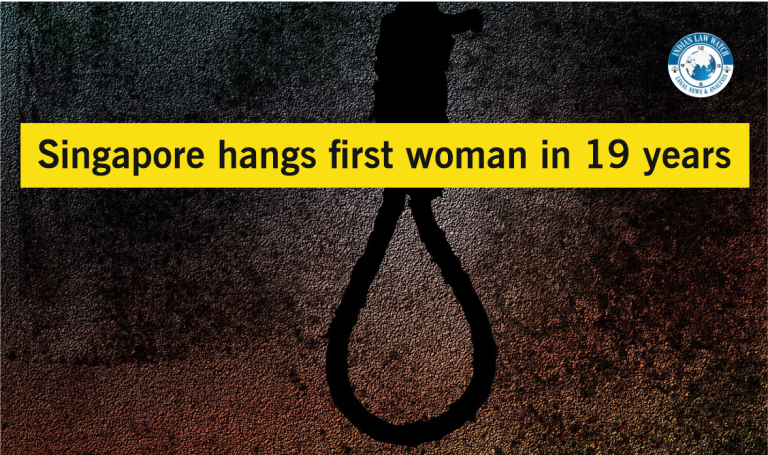
A Green Card, known officially as a Permanent Resident Card, is a document issued to immigrants as evidence that the bearer has been granted the privilege of residing permanently in the US. Millions of people stuck for years in the employment-based Green Card backlog in the US, but with the introduction of this Bill, a sizable number of Indians can hope for a lawful permanent residency in America by paying a supplemental fee, if a new House bill is passed into law.
Family and Employment-Based Immigrants: According to news published on the various portals as follows. Under the committee print, an employment-based immigrant applicant with a “priority date that is more than 2 years before” can adjust to permanent residence without numerical limits by paying a “supplemental fee of $5,000.” The fee is $50,000 for the EB-5 category (immigrant investors). The provisions expire in 2031. A family-based immigrant sponsored by a U.S. citizen with a “priority date that is more than 2 years before” can adjust to permanent residence without numerical limits by paying a “supplemental fee of $2,500.”
However, the bill does not contain permanent structural changes to the legal immigration system, including eliminating country caps for green cards or increasing the annual quotas of H-1B visas. Before becoming law, the provisions would have to pass the Judiciary Committee, the House of Representatives and the Senate and be signed by the president, the report said.
A group of 40 US lawmakers, led by Krishnamoorthi, had written to Speaker of House Nancy Pelosi and Senate Majority Leader Chuck Schumer, saying the budget reconciliation package provides relief to these individuals stuck in the employment-based Green Card backlog, thereby strengthening the economy in the process. They argued that under current law, the American economy is unable to access the full international talent pool of high-skilled workers already present and working in the United States today — indeed, the very scientists, inventors, health care workers, entrepreneurs, and other professionals that give the US its edge over its global competitors today.
The Biden administration in March 2021 had issued a formal notification to delay the implementation of the previous Trump regime’s rule to raise mandatory minimum pay for foreign workers on the H-1B visa, the most sought after among Indian IT professionals
Most workers in the employment-based Green Card backlog are already in the United States on temporary non-immigrant visas, such as the H-1B visa for workers in speciality occupations, that are renewable but greatly restrict beneficiaries from reaching their full potential. Right now, no more than seven per cent of employment-based green cards are available to individuals from a single country, which has created a decades-long backlog for would-be immigrants from India and China.
Image source: Photo by Levi Ventura on Unsplash





